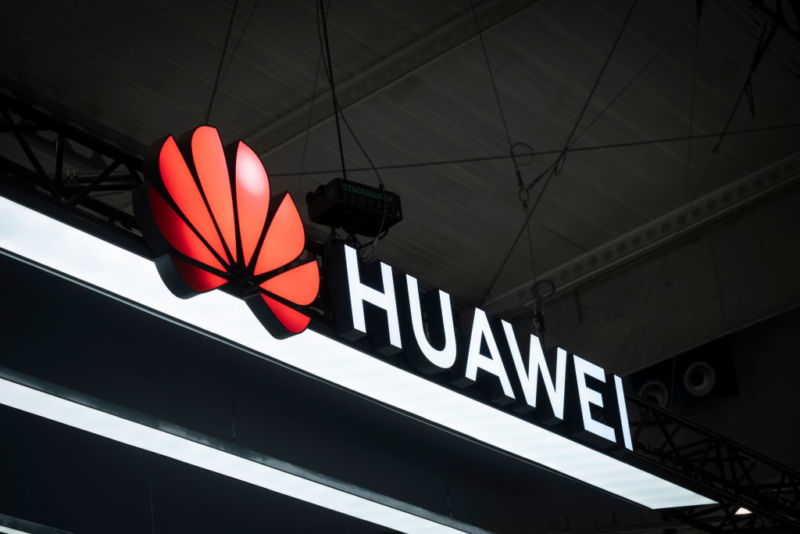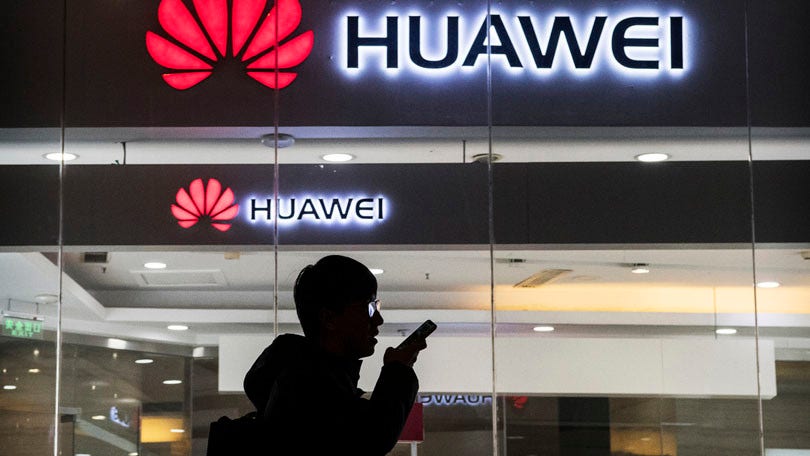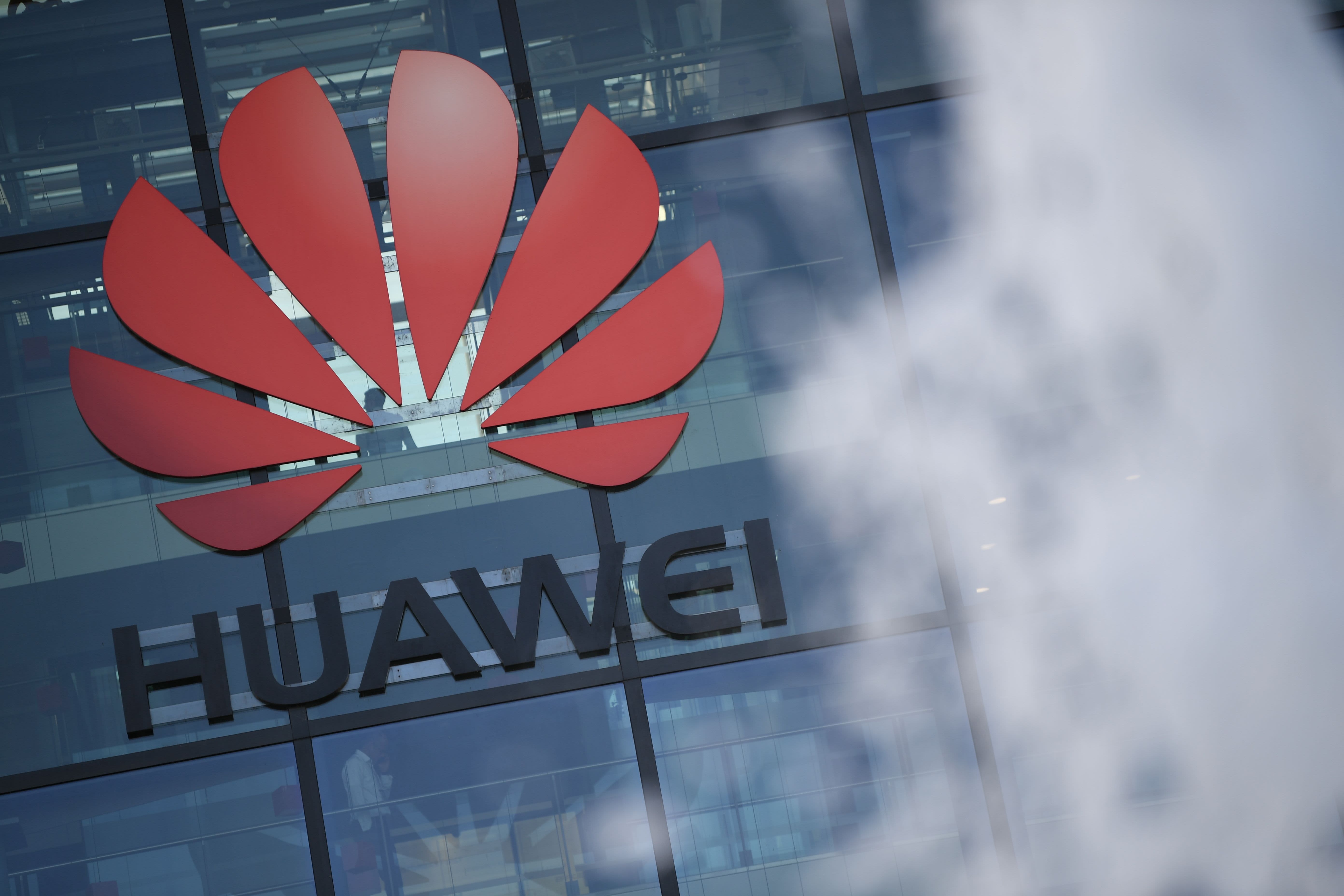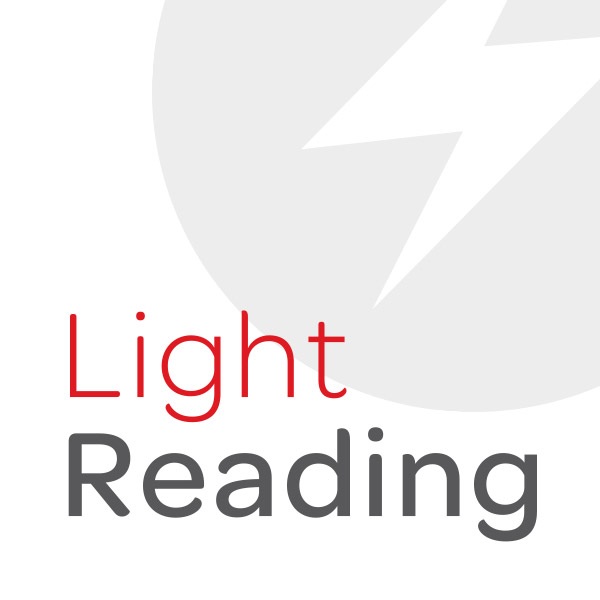
LightRocket via Getty Images
Context, as they say, is everything. Reading headlines this week that lauded Huawei for “overtaking,” even “eclipsing,” Samsung to become the world number one for smartphone sales, “despite U.S. sanctions,” you’d think Trump’s blacklist had derailed. Seizing Samsung’s crown has been Huawei ambition all along—and the company had seemed on course before the blacklist hit last May.
Since the blacklist hit, though, it’s been a very different story. The loss of Google from new phones has seen them fall flat in key international markets. Huawei has been accelerating efforts to build a third-way, a new version of Android’s ecosystem that it has badged Huawei Mobile Services, and which is intended to break the Google lock on its users. To do so is a huge challenge.
And so, unsurprisingly, Huawei was quick to celebrate becoming the world’s number one for the first time, “demonstrating exceptional resilience in difficult times,” it said. Does this success mean Huawei “doesn't need Google's help to succeed,” as one tech site suggested? Does this really represent a major setback for the Trump administration’s campaign against the company?
No. Absolutely not. In reality, nothing has changed. Huawei securing the top spot for the second quarter came as a result of three things—none of which involved it beating the blacklist. First, Huawei recorded staggering sales success in its home Chinese market—increasing its market share from 33% during the same quarter last year to 46% this time around—all at the expense of local rivals.
Second, China was first into a COVID-19 lockdown and so was the first major market to come out of it. This resulted in a recovery in smartphone sales in Huawei’s strongest market, while Samsung’s key markets—the U.S., for example—lagged behind. The sheer scale of Huawei dominance in China, the world’s largest smartphone market, was enough to influence the global rankings.
And, third, Huawei managed to extend the life of its pre-blacklist phones through a series of facelifts, adding sales in European markets where newer flagships absent Google were falling flat. And while this had a modest impact given 70% of Huawei’s phone sales were in China, the difference between Huawei and Samsung was marginal—55.8 to 54.2 million or 55.8 to 53.7 million, depending on the report, and so every little helped.
For Huawei, 2020 was always set to be a torrid year. The company warned as much in its New Year message to staff, and nothing that has happened since has suggested those warnings were wrong. Smartphone sales had become the leading driver of Huawei’s growth and profitability before the blacklist, and now that’s narrowed further to phone sales in China. This is a serious over-exposure, and it won’t reduce any time soon.
Until May, the issue for Huawei’s smartphone sales—outside China, where Google is banned—was that loss of U.S. software and services. But the blacklist was extended in May, on its first anniversary, and now Huawei is facing restrictions on the cutting-edge chips inside its flagships as well. Beyond smartphones, this has hit Huawei hard in the 5G equipment market. Here Chinese consumers can’t make up the difference. And while Huawei is guaranteed the lion’s share of 5G network kit sales in China, it is losing deals elsewhere—most notably in the U.K. All down to that U.S. blacklist.
The smartphone ranking news is significant, “marking the first quarter in nine years that a company other than Samsung or Apple has led the market,” but it is irrelevant as regards U.S. sanctions—it tells us nothing. The real news is that Huawei’s dominance in China and Samsung’s coronavirus-related sales lag elsewhere have coincided. And so the results for the balance of the year will be more down to economic recoveries as anything Huawei or Samsung can do.
The Link LonkAugust 01, 2020 at 05:21AM
https://ift.tt/3hY6FHc
Did Huawei Just Beat Trump’s Blacklist? - Forbes
https://ift.tt/3eIwkCL
Huawei






/procesador-Qualcomm-56a928055f9b58b7d0f8bf54.jpg)










